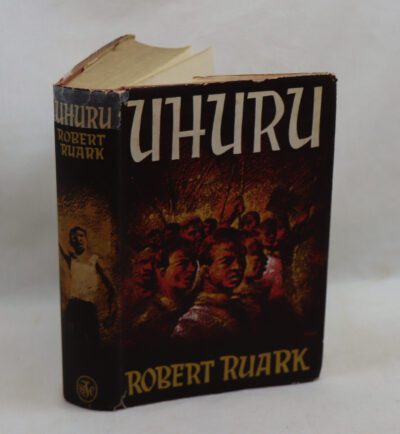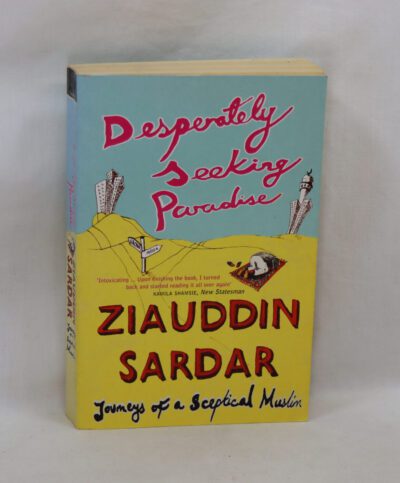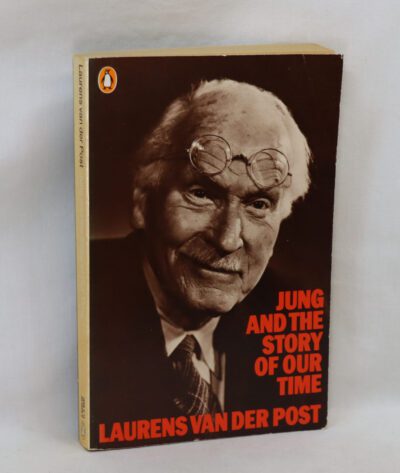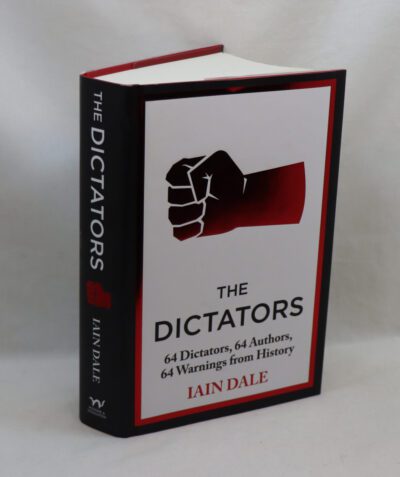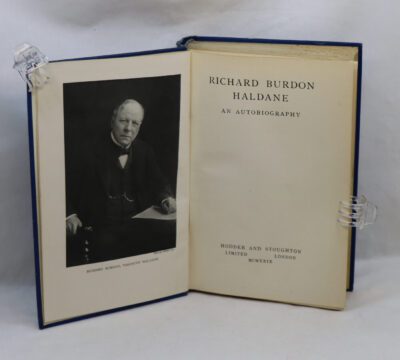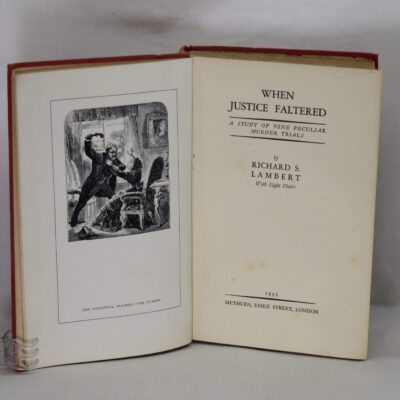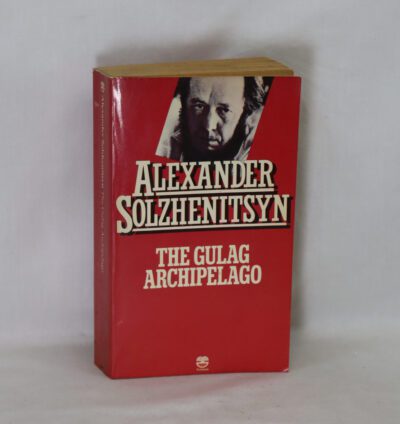Animal Farm.
By Geroge Orwell
ISBN: 9781986942737
Printed: 2020
Publisher: Read & Co Classics.
| Dimensions | 14 × 21 × 1 cm |
|---|---|
| Language |
Language: English
Size (cminches): 14 x 21 x 1
Condition: As new (See explanation of ratings)
Item information
Description
Softback. Black cover with white title and yellow pig face on the front.
F.B.A. provides an in-depth photographic presentation of this item to stimulate your feeling and touch. More traditional book descriptions are immediately available.
Animal Farm is a beast fable, in the form of satirical allegorical novella, by George Orwell, first published in England on 17 August 1945. It tells the story of a group of farm animals who rebel against their human farmer, hoping to create a society where the animals can be equal, free, and happy. Ultimately, the rebellion is betrayed, and under the dictatorship of a pig named Napoleon, the farm ends up in a state as bad as it was before.
According to Orwell, Animal Farm reflects events leading up to the Russian Revolution of 1917 and then on into the Stalinist era of the Soviet Union. Orwell, a democratic socialist, was a critic of Joseph Stalin and hostile to Moscow-directed Stalinism, an attitude that was critically shaped by his experiences during the Barcelona May Days conflicts between the POUM and Stalinist forces during the Spanish Civil War. In a letter to Yvonne Davet, Orwell described Animal Farm as a satirical tale against Stalin (“un conte satirique contre Staline“), and in his essay “Why I Write” (1946), wrote that Animal Farm was the first book in which he tried, with full consciousness of what he was doing, “to fuse political purpose and artistic purpose into one whole”.
The original title was Animal Farm: A Fairy Story, but US publishers dropped the subtitle when it was published in 1946, and only one of the translations during Orwell’s lifetime, the Telugu version, kept it. Other titular variations include subtitles like “A Satire” and “A Contemporary Satire”. Orwell suggested the title Union des républiques socialistes animales for the French translation, which abbreviates to URSA, the Latin word for “bear”, a symbol of Russia. It also played on the French name of the Soviet Union, Union des républiques socialistes soviétiques.
Orwell wrote the book between November 1943 and February 1944, when the United Kingdom was in its wartime alliance with the Soviet Union against Nazi Germany, and the British intelligentsia held Stalin in high esteem, a phenomenon Orwell hated. The manuscript was initially rejected by a number of British and American publishers, including one of Orwell’s own, Victor Gollancz, which delayed its publication. It became a great commercial success when it did appear partly because international relations were transformed as the wartime alliance gave way to the Cold War.
Time magazine chose the book as one of the 100 best English-language novels (1923 to 2005); it also featured at number 31 on the Modern Library List of Best 20th-Century Novels, and number 46 on the BBC’s The Big Read poll. It won a Retrospective Hugo Award in 1996 and is included in the Great Books of the Western World selection.
Eric Arthur Blair (25 June 1903 – 21 January 1950), better known by his pen name George Orwell, was an English novelist, essayist, journalist, and critic. His work is characterised by lucid prose, social criticism, opposition to totalitarianism, and support of democratic socialism.
Orwell produced literary criticism, poetry, fiction and polemical journalism. He is known for the allegorical novella Animal Farm (1945) and the dystopian novel Nineteen Eighty-Four (1949). His non-fiction works, including The Road to Wigan Pier (1937), documenting his experience of working-class life in the industrial north of England, and Homage to Catalonia (1938), an account of his experiences soldiering for the Republican faction of the Spanish Civil War (1936–1939), are as critically respected as his essays on politics, literature, language and culture.
Blair was born in India and raised and educated in England. After school he became an Imperial policeman in Burma, before returning to Suffolk, England, where he began his writing career as George Orwell—a name inspired by a favourite location, the River Orwell. He lived from occasional pieces of journalism, and worked as a teacher or bookseller whilst living in London. From the late 1920s to the early 1930s, his success as a writer grew and his first books were published. He was wounded fighting in the Spanish Civil War, leading to his first period of ill health on return to England. During the Second World War he worked as a journalist and for the BBC. The publication of Animal Farm led to fame during his lifetime. During the final years of his life he worked on Nineteen Eighty-Four, and moved between Jura in Scotland and London. It was published in June 1949, less than a year before his death.
Orwell’s work remains influential in popular culture and in political culture, and the adjective “Orwellian”—describing totalitarian and authoritarian social practices—is part of the English language, like many of his neologisms, such as “Big Brother”, “Thought Police”, “Room 101”, “Newspeak”, “memory hole”, “doublethink”, and “thoughtcrime”. In 2008, The Times ranked George Orwell second among “The 50 greatest British writers since 1945”.
Want to know more about this item?

Share this Page with a friend



